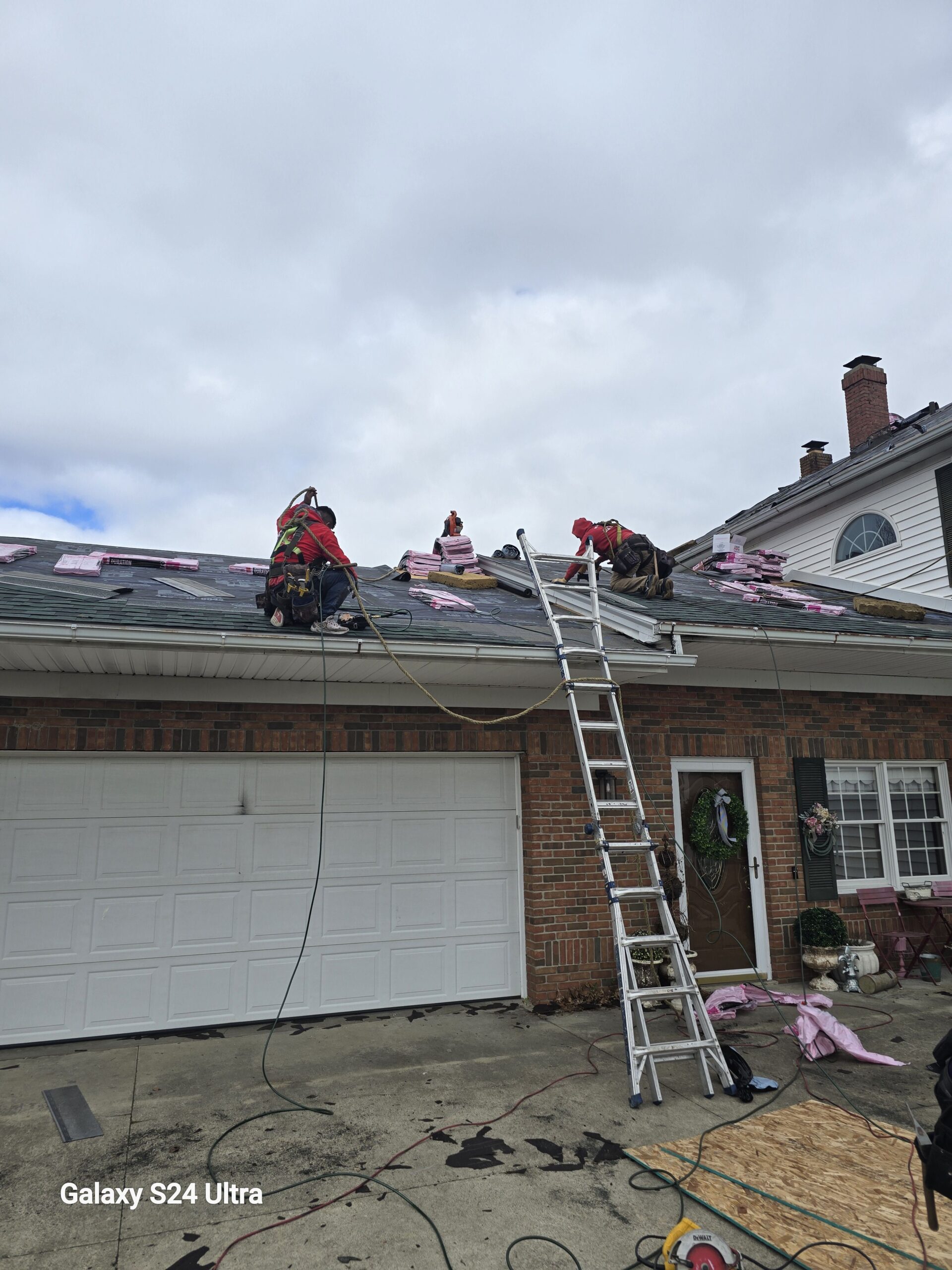Guide to Commercial Roofing Insulation: Types, Benefits, and Best Practices
Commercial roofing insulation is a critical component in building construction, directly impacting energy efficiency, structural integrity, and occupant comfort. With the increasing emphasis on sustainable building practices and energy conservation, understanding the various insulation options available for commercial roofs is more important than ever.
1. Importance of Commercial Roof Insulation
Proper insulation in commercial roofing systems serves multiple purposes:
- Energy Efficiency: Insulation reduces heat transfer, maintaining desired indoor temperatures and reducing HVAC system load.
- Moisture Control: It acts as a barrier against moisture infiltration, preventing issues like mold growth and structural damage.
- Structural Protection: By mitigating temperature fluctuations, insulation helps in preserving the roofing materials and overall building structure.
- Acoustic Performance: Insulation can dampen external noise, contributing to a quieter indoor environment.
2. Types of Commercial Roof Insulation
Several insulation materials are commonly used in commercial roofing, each with unique properties:
a. Polyisocyanurate (Polyiso)
Polyiso is a rigid foam board insulation known for its high thermal resistance (R-value). It’s widely used due to its compatibility with various roofing systems and its fire-resistant properties.
b. Expanded Polystyrene (EPS)
EPS is a lightweight, cost-effective insulation option with moderate R-values. It’s resistant to moisture and can be used in various applications, though it may require additional protection in certain environments.
c. Extruded Polystyrene (XPS)
XPS offers higher moisture resistance and compressive strength compared to EPS. It’s suitable for applications where the insulation is exposed to moisture or requires additional durability.
d. Spray Polyurethane Foam (SPF)
SPF is applied as a liquid that expands into a foam, creating a seamless insulation layer. It provides excellent thermal resistance and air sealing but requires professional installation and UV protection.
e. Mineral Wool
Made from natural or synthetic minerals, mineral wool insulation is fire-resistant and offers good sound absorption. It’s heavier than other insulation types and is often used in applications requiring high fire resistance.
3. Factors to Consider When Choosing Insulation
Selecting the appropriate insulation involves evaluating several factors:
- Thermal Performance (R-value): Higher R-values indicate better insulation performance.
- Moisture Resistance: In humid or wet environments, moisture-resistant insulation like XPS or SPF may be preferable.
- Fire Resistance: For buildings with strict fire codes, materials like mineral wool offer enhanced fire protection.
- Structural Load: The weight of the insulation should be compatible with the building’s structural capacity.
- Installation and Maintenance: Consider the complexity of installation and long-term maintenance requirements.
4. Installation Best Practices
Proper installation is crucial for insulation performance:
- Surface Preparation: Ensure the roof deck is clean and dry before installation.
- Layering: Use multiple layers with staggered joints to minimize thermal bridging.
- Attachment: Secure insulation boards according to manufacturer guidelines to prevent movement.
- Sealing: Seal all joints and penetrations to prevent air and moisture infiltration.
5. Maintenance and Inspection
Regular maintenance ensures the longevity of the insulation:
- Routine Inspections: Check for signs of water intrusion, physical damage, or insulation displacement.
- Prompt Repairs: Address any issues immediately to prevent further damage.
- Upgrades: Consider upgrading insulation during roof replacements or major renovations to improve energy efficiency.
6. Conclusion
Commercial roofing insulation is a vital component that contributes to a building’s energy efficiency, comfort, and structural integrity. By understanding the different types of insulation and their respective benefits, building owners and managers can make informed decisions that align with their specific needs and regulatory requirements.
For expert advice and professional installation services, consult with experienced commercial roofing contractors who can assess your building’s requirements and recommend the most suitable insulation solutions.
 (440) 307-2060
(440) 307-2060


